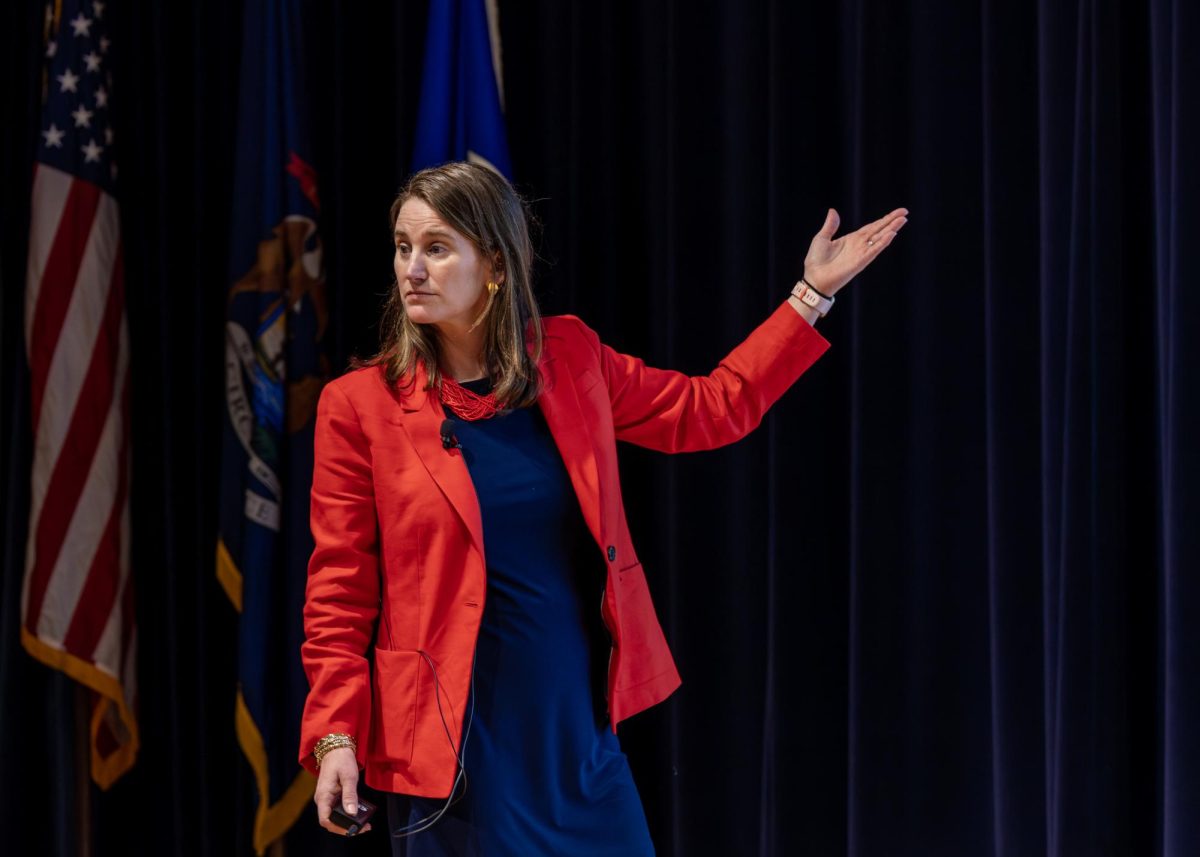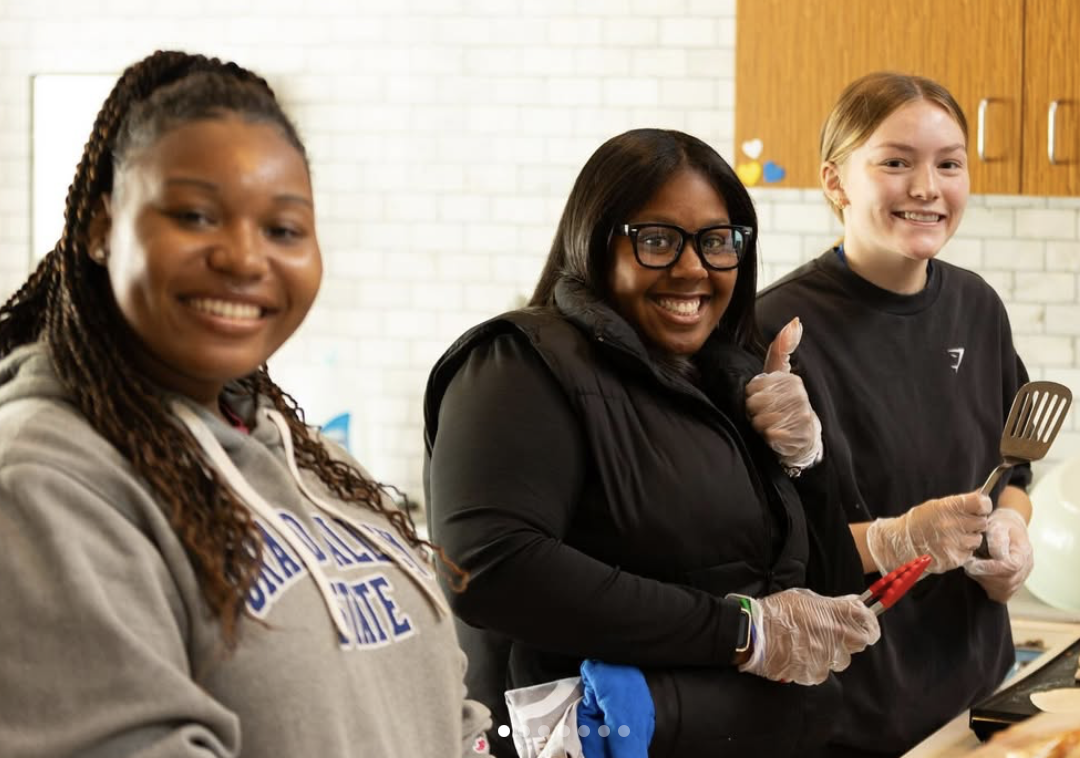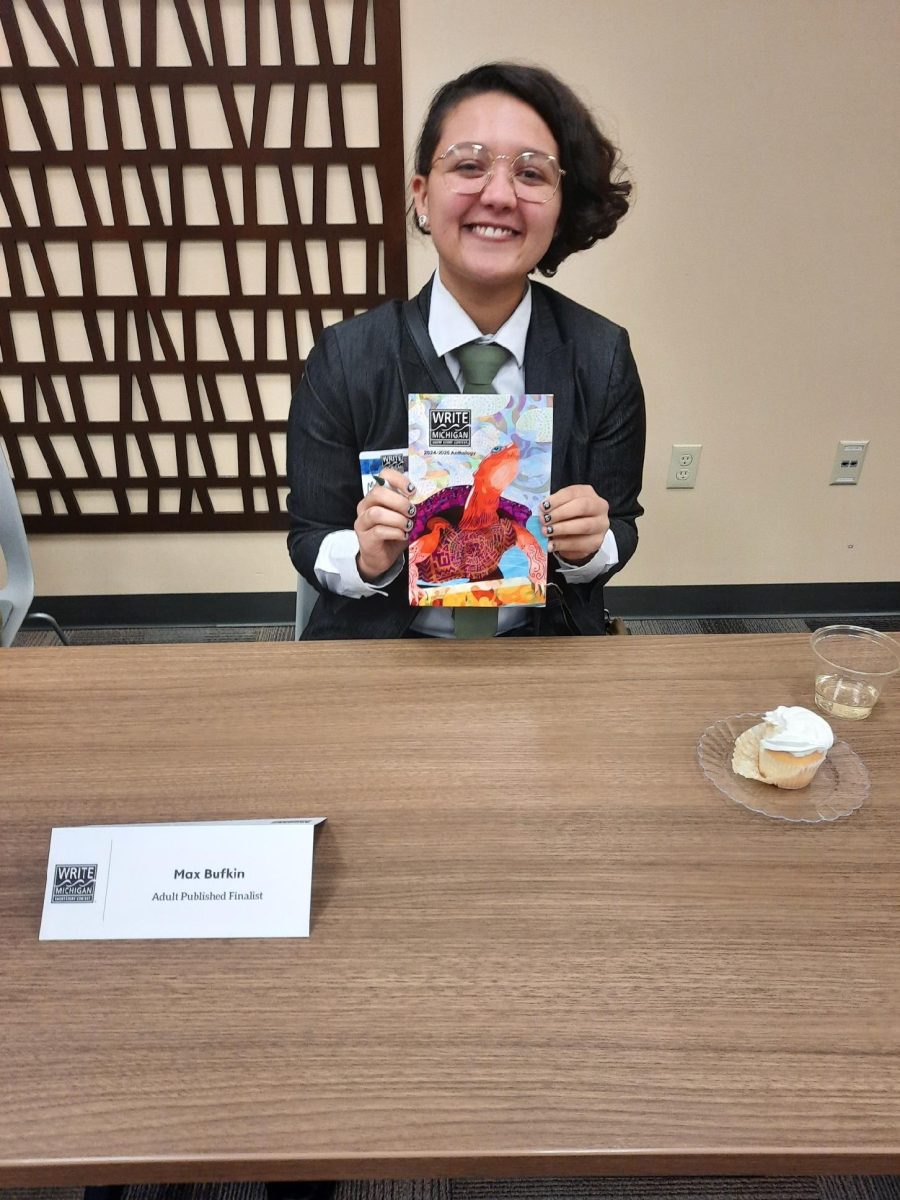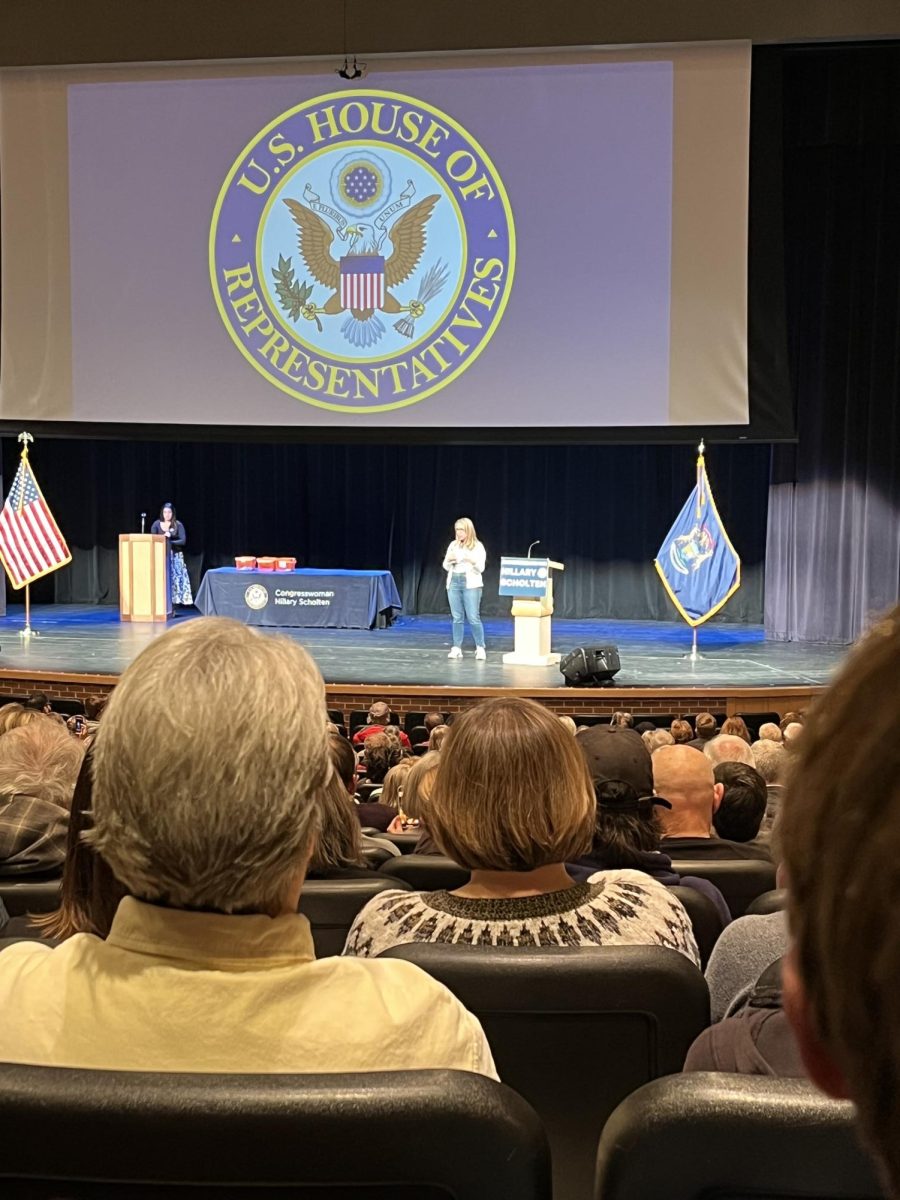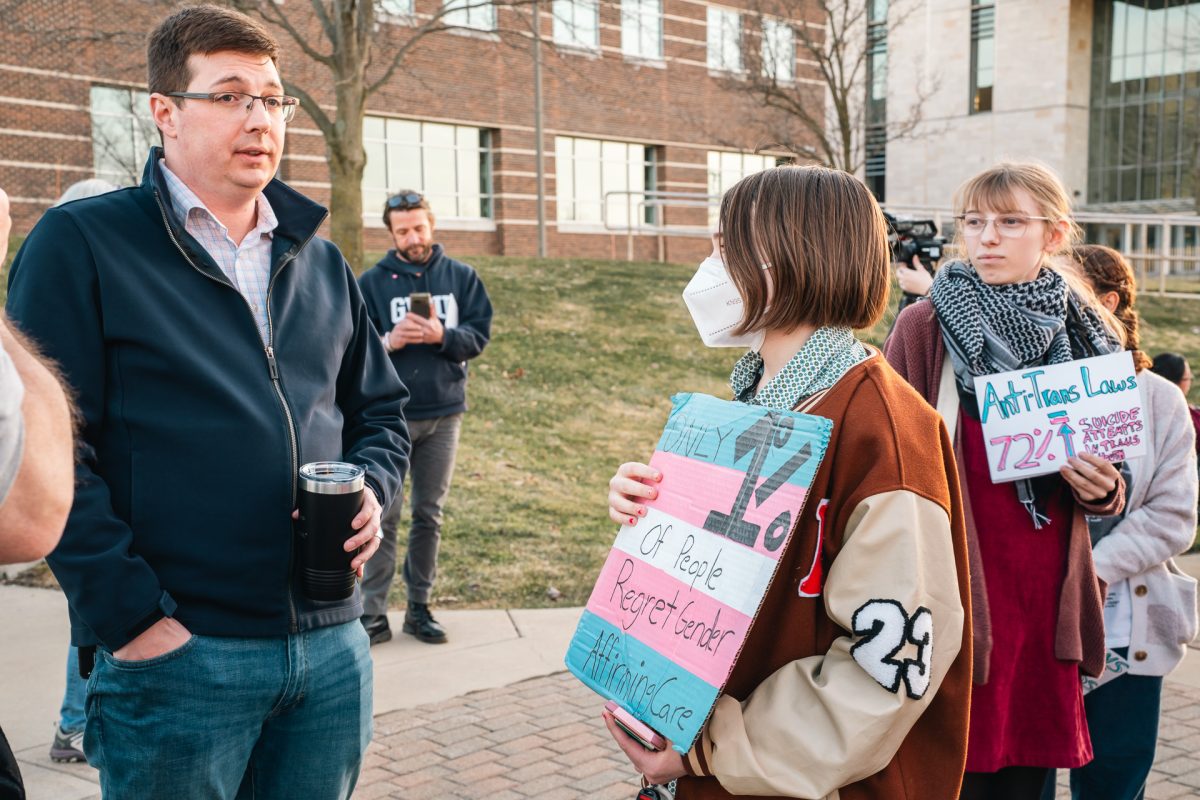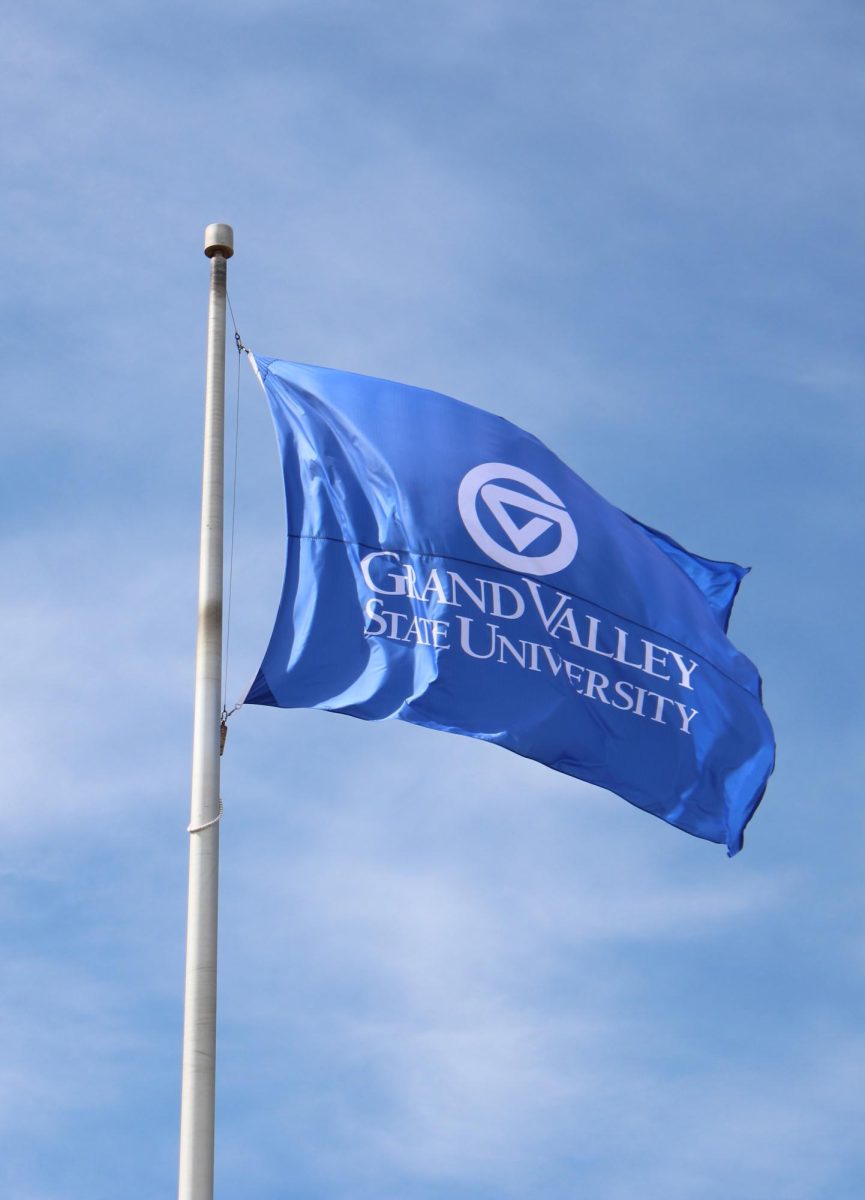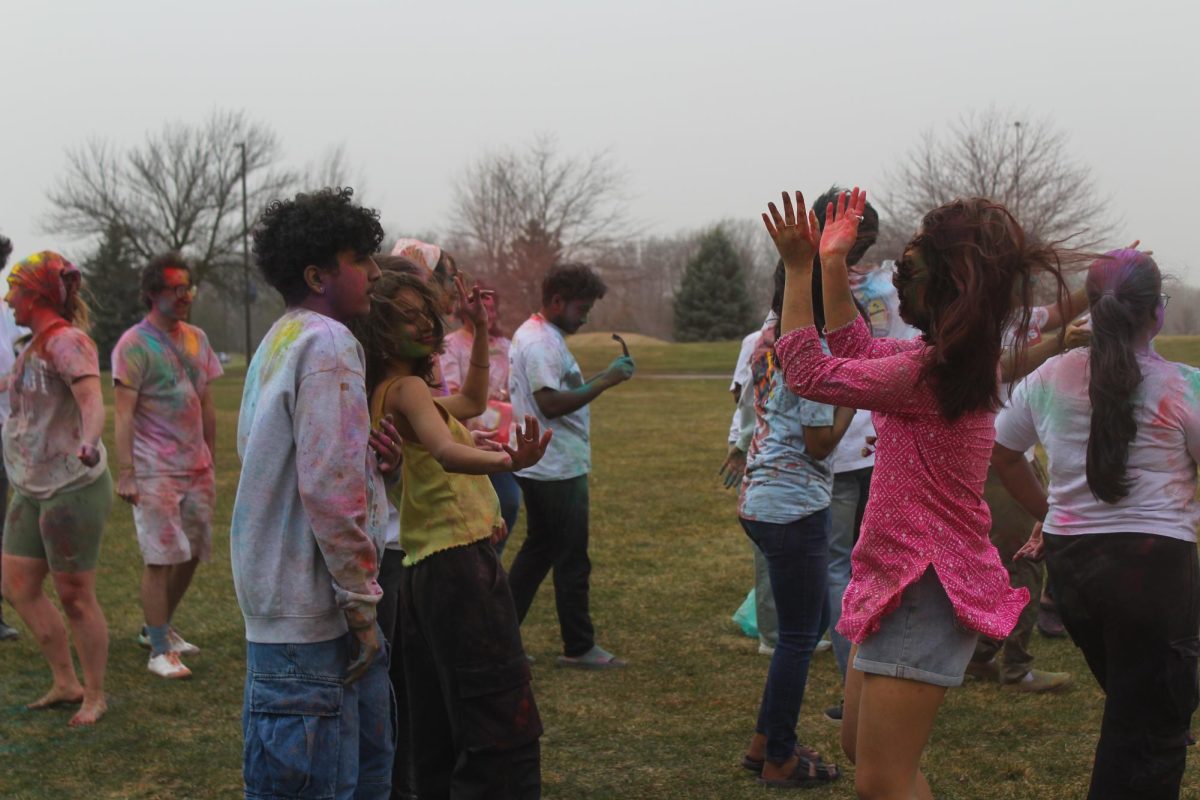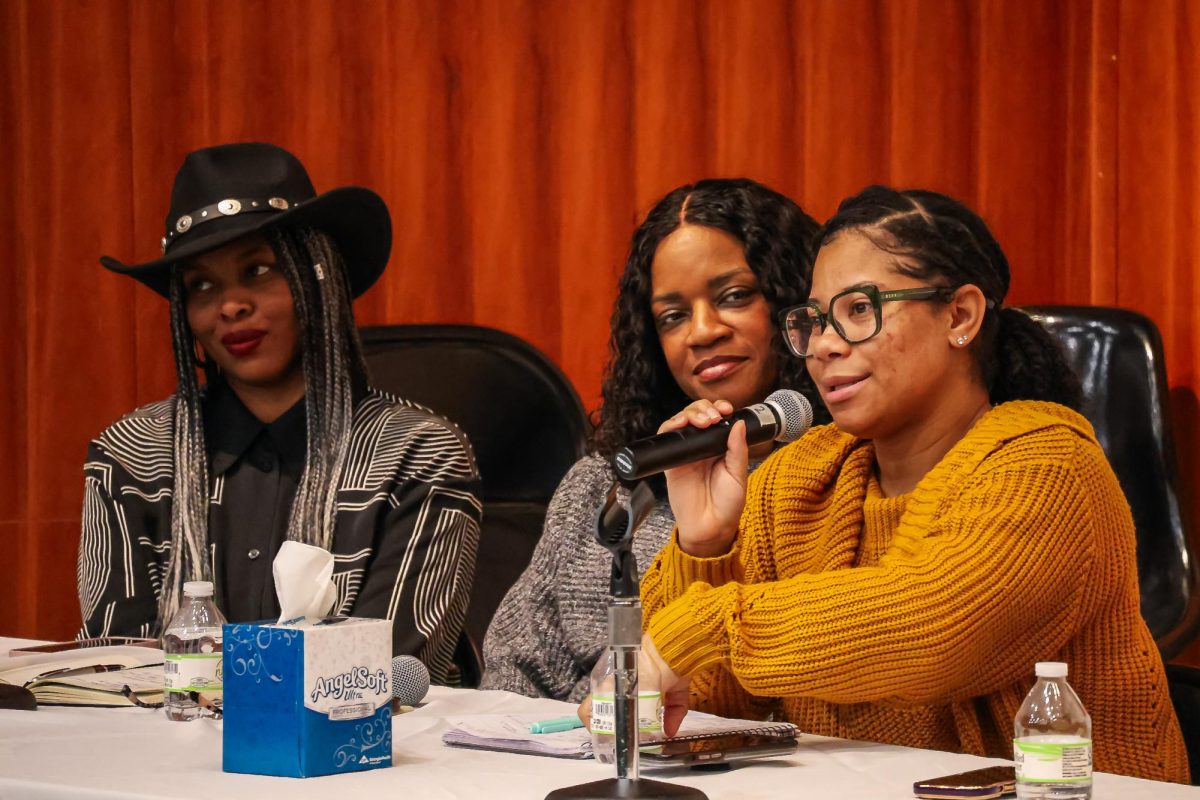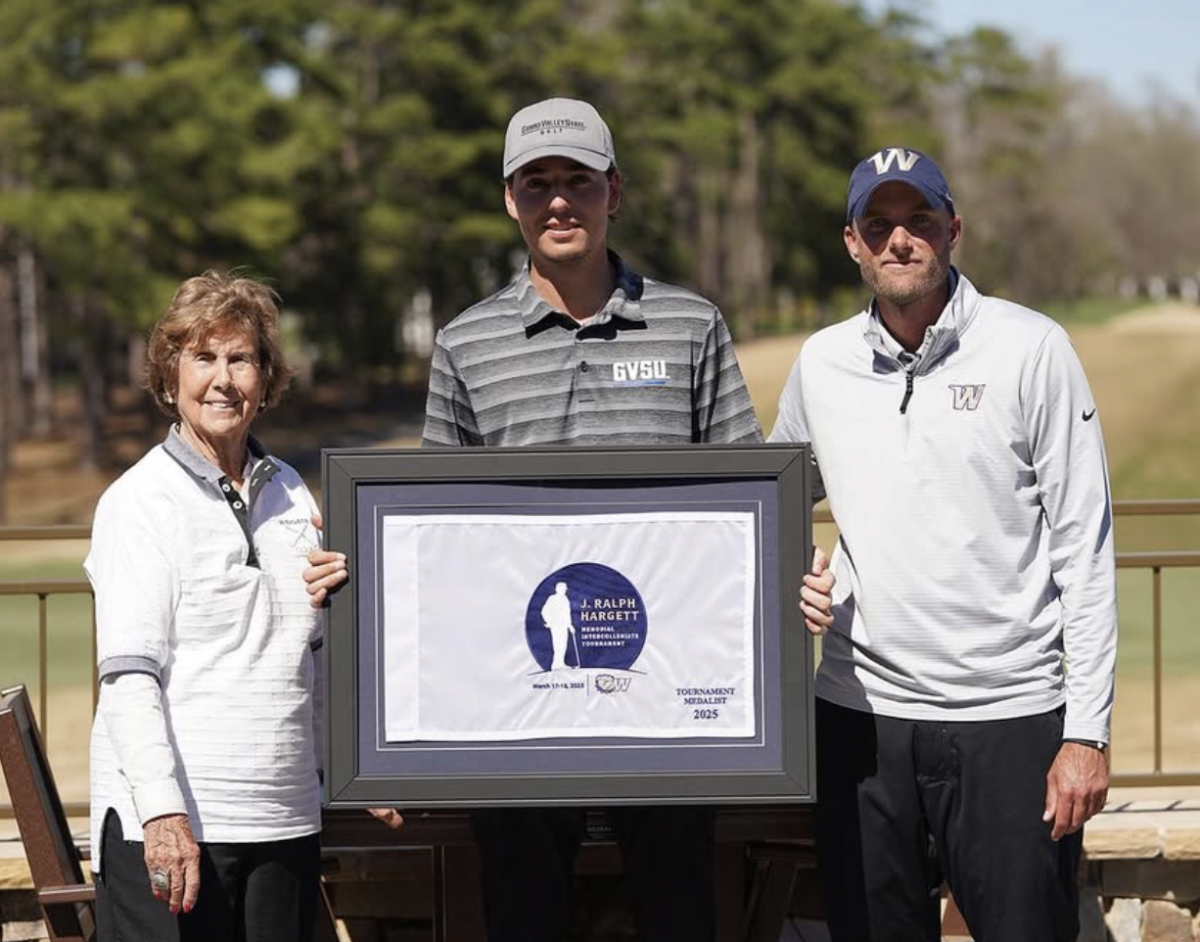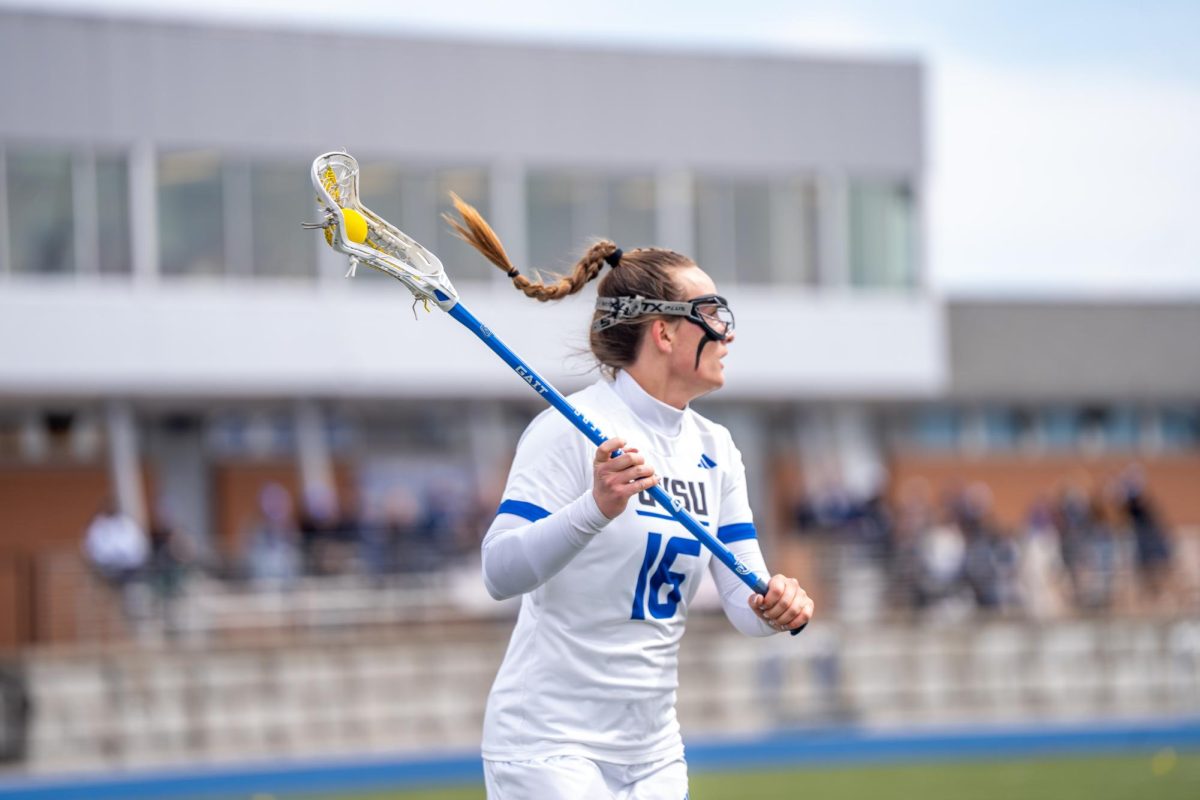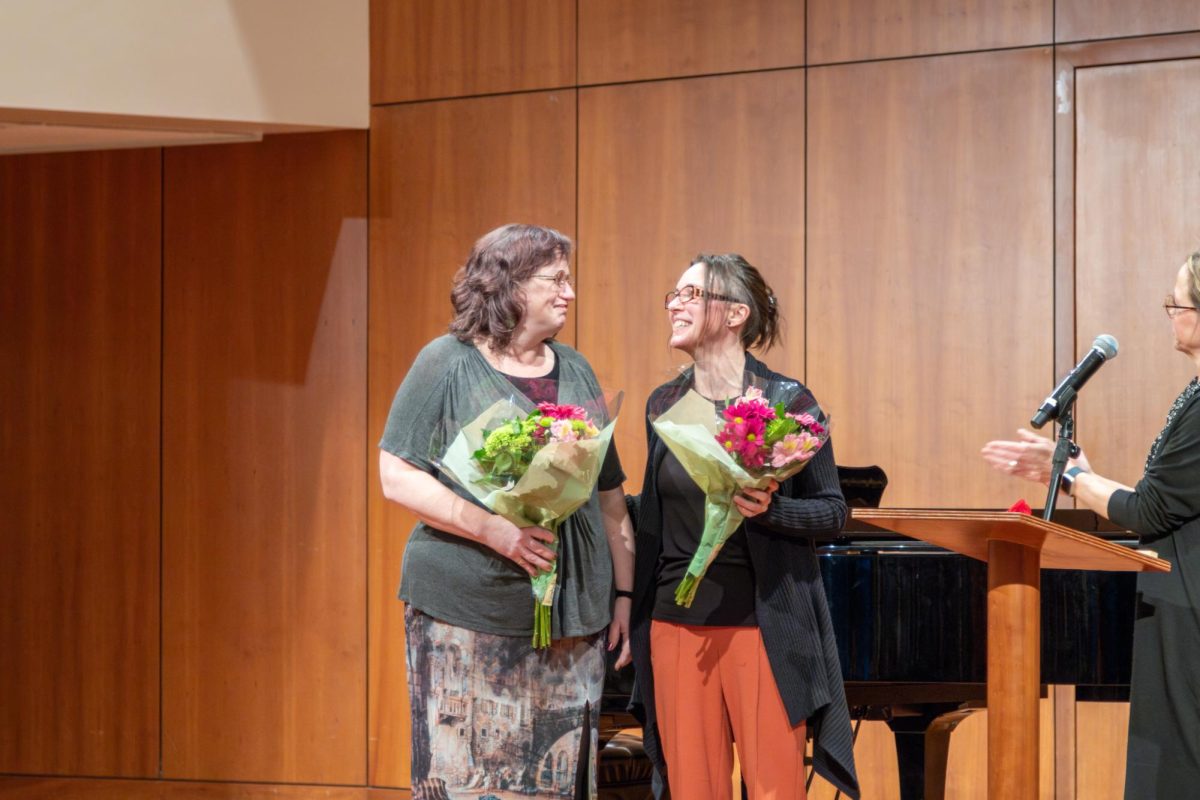GV faculty discuss health and wellness in ‘Thinking Globally’ series
Mar 21, 2022
The Grand Valley State University Modern Languages and Literatures Department recently hosted their monthly multicultural discussion, “Thinking Globally: How Languages Influence the Lives We Live.”
Following last month’s panel on love and intimacy, members of the organization turned their focus to health and wellness on March 17.
The “Thinking Globally” series was created to encourage faculty, staff and students who have lived in another country or are speakers of a foreign language to discuss global issues.
Participants in this month’s panel contributed to the conversation by offering their insight on topics such as sex education, access to healthcare and religious practices in their region of study. The roundtable included faculty members with extensive knowledge of Chinese, Japanese, Spanish, Ancient Greek and French culture.
The panel started the conversation by examining basic medical practices in different countries.
They observed that while the U.S. has a passive approach to healthcare, other nations take even minor illnesses very seriously.
Meghan Cai, assistant professor of Chinese Studies, said there’s a higher intensity of medical care in China.
“Here, colds are no big deal,” Cai said. “In China, if you get a cold you go to the doctor and you’re put on an IV drip for three days. It’s a normal solution.”
Later, the discussion transitioned to the disparity in the quality of healthcare between the U.S. and other countries.
The group, including assistant professor of Spanish studies Elizabeth Gansen, agreed that speaking different languages has allowed them to see multiple perspectives about this issue.
“I get to hear about real peoples’ experiences about how people are able to access things, the type of treatment they’re able to get and their concerns about healthcare,” Gansen said. “I have so many friends in this country who, if they have a severe medical issue, have to worry about how much it’s going to cost.”
According to the Kaiser Family Foundation, approximately half of U.S. adults have put off receiving some form of medical care because of the cost.
Gansen said in her experience going to the doctor, she has been charged for asking a question that didn’t pertain to her visit, causing her to spend more out of pocket than she originally anticipated.
The group also discussed their experience with linguistics.
David Crane, an assistant professor in the Department of Classics, said he believes that studying ancient languages has helped him understand academic texts.
“I don’t think it was until I started studying foreign languages intensively that I really grew to appreciate things like poetry,” Crane said. “Being forced to think hard about language and consult other people about a poem I was reading made me enjoy literature a lot more. It’s something I use in all sorts of contexts now.”
In addition to expanding knowledge in other parts of academia, language has also helped members of the panel bond with people of other cultures.
“Meeting native Spanish speakers in and outside of class, connecting with them in Spanish and visiting them in their home country and seeing what it was like made my world a much bigger place,” Gansen said.
The panel takes place every third Thursday of the month in Mackinac Hall, Room B1118, from 4-5 p.m. Although the health and wellness panel was the last “Thinking Globally” meeting of the semester, the series will begin again in fall 2022.








